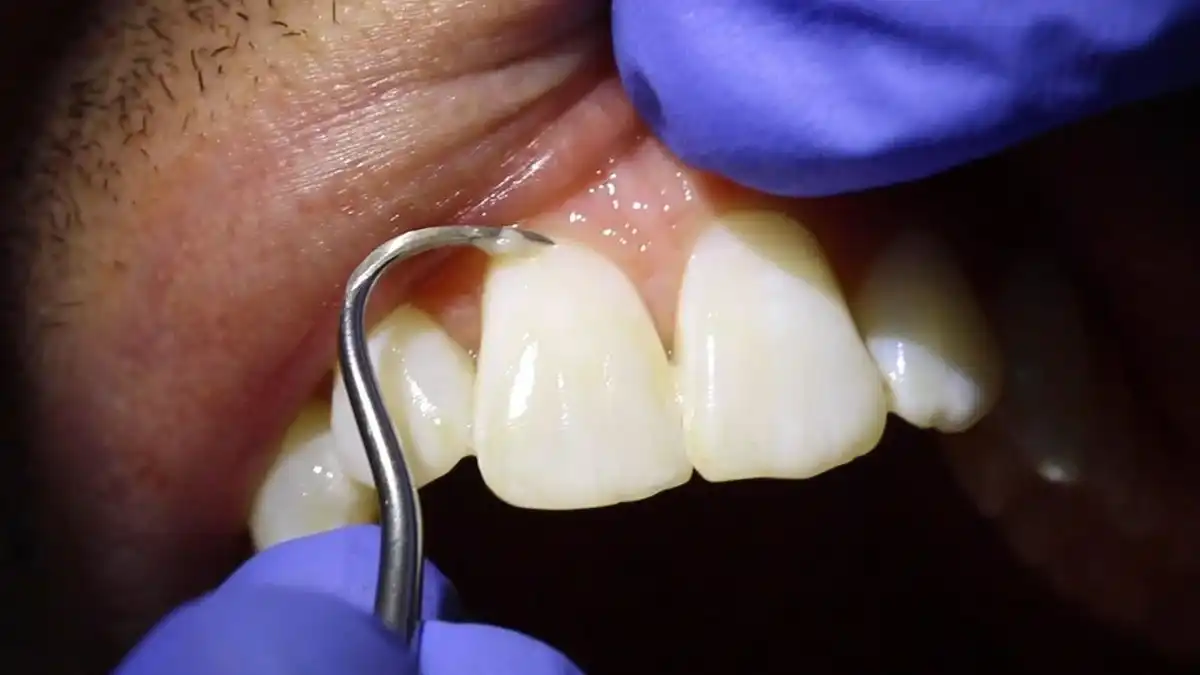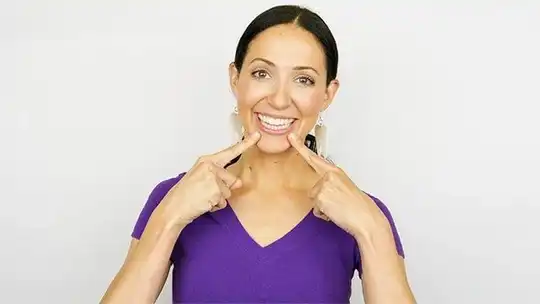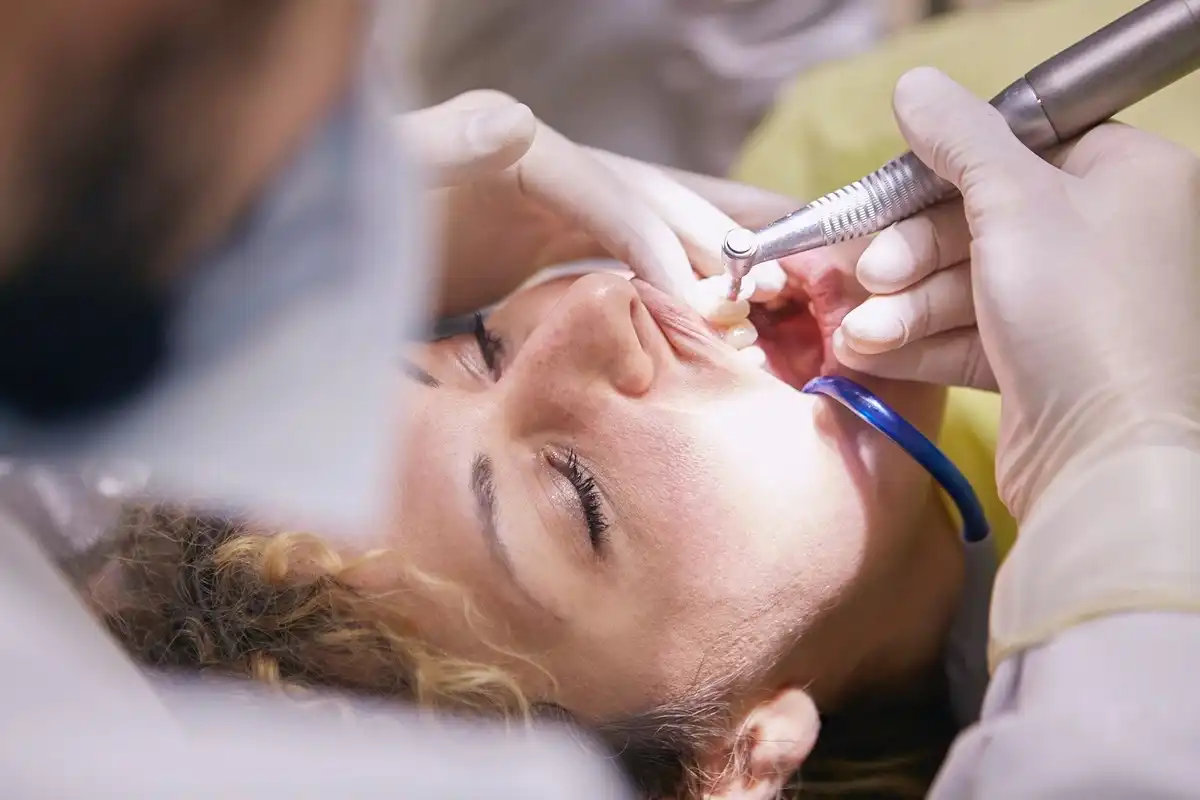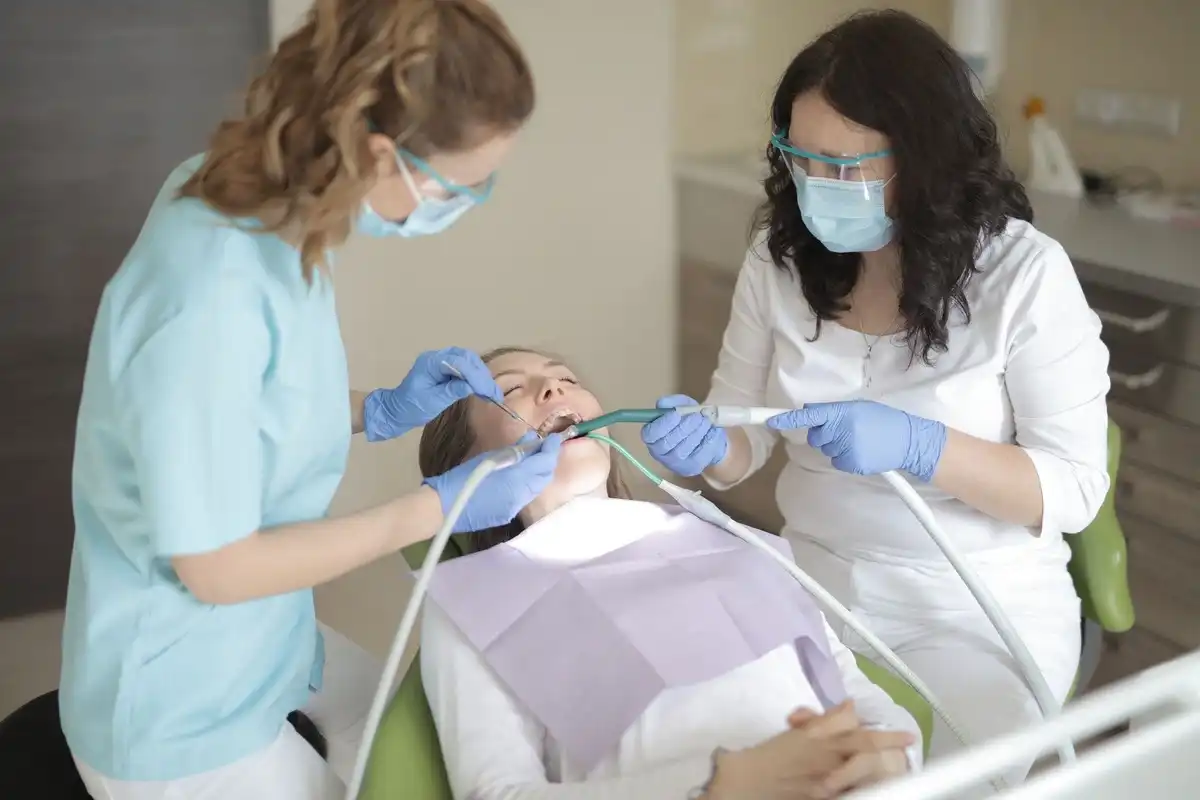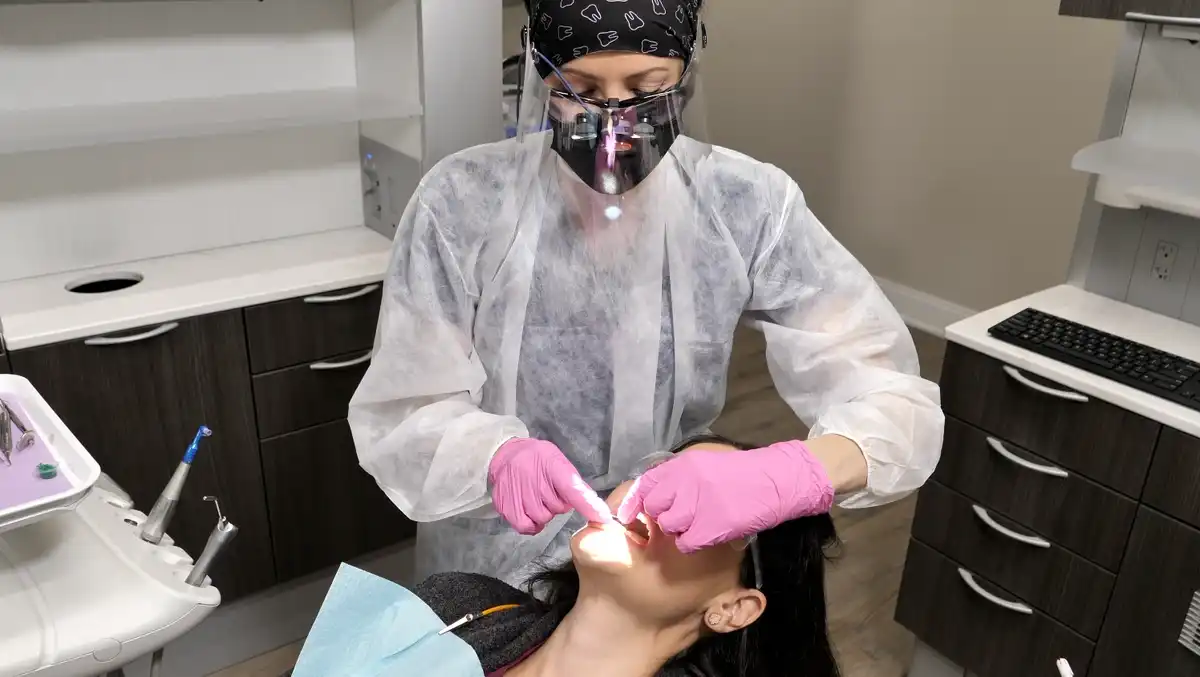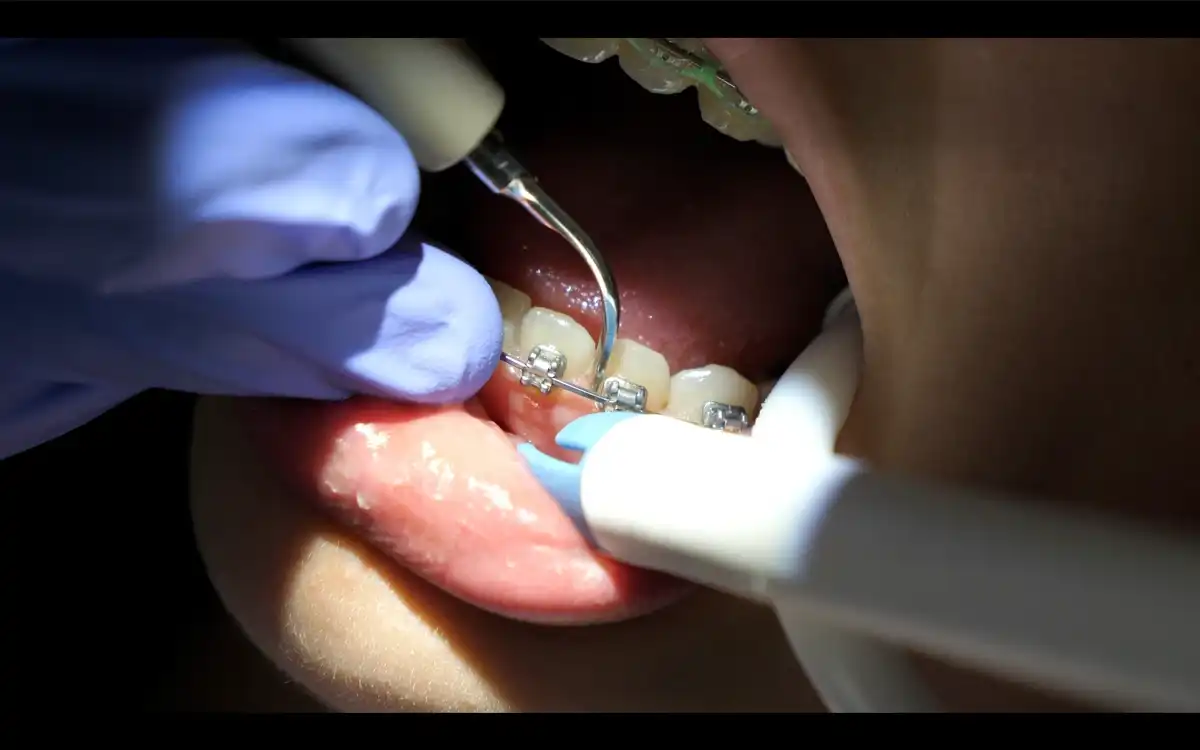12 Things I Wish I Knew Before Dental Hygiene School

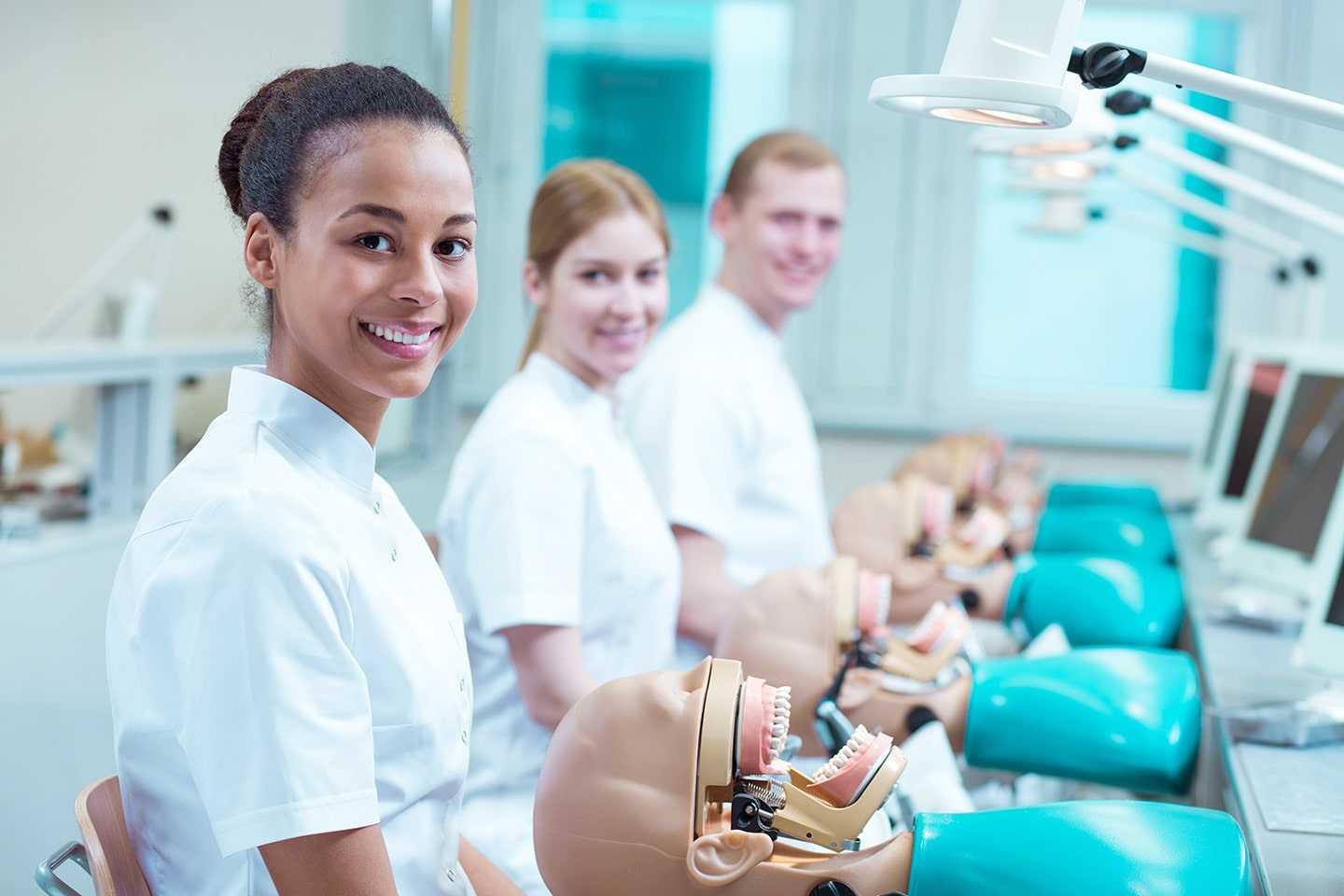
One thing I wish I would have had before starting dental hygiene school is this list! Being prepared for what’s ahead in your RDJ journey will help to ease some anxieties about what’s to come. And in turn, you’ll be better equipped for the hygiene program you’re about to start. From academic preparedness to financial planning there’s something for all aspiring dental hygienists here. Dental hygiene school is a journey that when planned out well, can be achieved successfully!
Is The Dental Hygiene Program Hard?
A dental hygiene program can be hard if you're not ready. There's a lot to learn, like different dental subjects and how to clean teeth the right way. You'll study many topics and practice a lot with dental tools. This training is important because, as a dental hygienist, you'll help people keep their teeth healthy. You need to know a lot and be good at what you do to take care of your future patients properly.
12 Things I Wish I Knew BEFORE Dental Hygiene School
1. Educational Requirements
Getting accepted into any dental hygiene program means that there are certain educational requirements you have to meet before you even apply to the school. Why? Because there are prerequisite classes that must be completed prior to certain hygiene courses. If you’re not careful, hygiene school can take longer than some people assume it will, just because of these requirements.
Most of your basic prerequisites include general education courses like English, sociology, college algebra, psychology, and a lot of science! Your science courses required for hygiene school usually include anatomy & physiology, microbiology, dental materials, and chemistry. While all programs have different requirements and deadlines, most require high grades in science classes.
2. Accreditation
In order to graduate as a licensed dental hygienist (RDH) in the United States and qualify to take your board exams, you must attend a dental hygiene program that is accredited by the Commission of Dental Accreditation, also known as CODA. CODA is supported by the American Dental Association (ADA.) This accreditation agency ensures dental hygiene programs meet industry standards, which in turn produces educated and prepared dental hygiene graduates who can legally apply for licensure.
3. Student Loans
Dental hygiene students should be aware of what they will need to pay for—as well as what they’ll owe—before, during, and after graduation from hygiene school. Start by looking at your college’s tuition breakdown to get an idea of the costs. Then you can begin to compare schools and rank them with your budget. Be sure to consider costs like housing, meals, transportation, uniforms, and equipment (yes, you’ll have to buy a lot on your own!)
4. Cost and Financial Aid/FAFSA
With student loans comes cost discussions and the need for financial aid. While this will differ for every student, it’s important to know what your financial limits and obligations are to ensure you can plan accordingly when it comes to monthly payments. It’s important to note that dental hygiene programs that grant associate degrees are often more affordable than those that grant a bachelor’s degree. Many community colleges will offer CODA-accredited dental hygiene programs that are the same as a 4-year university program. Always be sure to discuss financial options with your parents, especially if they are helping with tuition costs. Also, setting up a meeting with the financial aid department at the school you plan to attend is another good idea.
5. TIME MANAGEMENT
There’s a reason this one is in written in all capital letters. Time management is a MAJOR aspect of being in dental hygiene school and the dental hygiene profession. Once you get into a hygiene program, you will be locked into a schedule that includes weekly homework assignments, exams, lectures, dental hygiene clinicals, papers, midterms, finals, and not to mention all of the studying that you do almost every day. This requires strong time management nearly every day to ensure you stay on track and don’t fall behind. Keep in mind that you also have a life outside of school that needs attention. Many dental hygiene students have to sacrifice their evening and weekend plans for schoolwork to ensure they stay on track to pass their classes.
6. You will need to find your own patients
Here’s something you probably hadn’t thought of, and it’s a more challenging task than you might expect. In dental hygiene school, it’s your responsibility to find your own patients (for the most part). Dental hygiene programs will often require you to recruit patients including family and friends, to practice building your clinical skills. This requires scheduling ahead of time to ensure you can complete clinic competencies on time, including varying levels or “difficulties” of patients, like people with heavy tartar buildup. While many clinics open their doors to the public, it still falls on students to ensure their schedule is full.
7. Paying for Instruments
Back to the money issue, again. Be prepared to pay for clinical supplies, such as instruments and miscellaneous items. This can include cassettes of instruments ($$$), prophy angles, polish, floss, and other supplies. This can add up quickly, so be sure to review program manuals for a breakdown of the exact cost per program. Typically, dental hygiene schools will provide an exact breakdown of all clinical training fees before the semester starts so that you can tie the expenses into your financial aid package.
8. Board Review Class
As you enter your last year of dental hygiene school, it’s highly recommended that you take a board review class. RDH boards are no joke! These classes can be held over the span of a weekend or self-progressing over a month. Some cost a few hundred dollars or may require an overnight stay, depending on your location and the one you choose. These classes help review a little bit of everything that you learned throughout your hygiene education to help you successfully pass your board exams on the first go-round.
9. Buying vs. Renting Books
Like any college student, textbooks are required for most courses. In dental hygiene school, you most definitely will reference your books throughout your entire RDH education, which means you probably need to buy some of them instead of renting them, like you would other core classes. Yes, renting can be cheaper, but you have to return the book at the end of the semester. But you’ll need to be able to reference and study from several of the books for your board exams. To cut costs, consider buying used instead of renting or purchasing brand-new textbooks.
10. Buying Scrubs
Another costly addition to dental hygiene school is purchasing the scrubs you’ll wear each semester. Scrubs are a REQUIREMENT for clinics and must be worn during clinic and patient care. Typically, students must purchase multiple sets to be sure they have a few per week to choose from. Your school might even have a standard color that’s required. But scrubs aren’t the only thing you’ll be required to wear. You’ll also need acceptable clinic shoes, head coverings, and other dress code standards.
11. Build A Strong Resume Before Graduating
Once the studying, lectures, and clinic hours start to come to an end, it’s time to prepare yourself for the real world of clinical hygiene! Many dental hygiene programs will have courses that review how to build a resume as you get ready for graduation. It’s important to have a resume that stands out, as new graduates do not have the clinical RDH experience that other experienced hygienists do. Be sure to include volunteer work, awards, and previous jobs to build your resume properly.
12. Learn To Network, Both Virtually And In Person
Now that you’ve graduated and have a resume to send out, it’s important to know how to network in the dental world. While connections through dental professors can help, it’s also important to stay rub elbows with people already in the field. Build your LinkedIn, network with other dental professionals, and join local dental hygiene organizations to stay connected! Attending CE courses to keep up with licensure requirements is another fantastic way to stay up-to-date and in the loop all at the same time. Networking can keep your options open for career changes, even if it’s not currently on your radar.
Tips I Wish I Knew Before Dental Hygiene School
While it's difficult to entirely prepare yourself for the rollercoaster of dental hygiene school, you can check these things off your list to better prepare for what is to come. Planning out your finances and understanding where you will have to sacrifice your time will help you keep things in perspective. Keep in mind that preparing your family and friends as well is not a bad idea. Letting friends know you may have to say no to social outings over the next two years and asking your spouse to help with responsibilities will take some strain off your relationship as you complete RDH school. And finally, don’t be afraid to ask for guidance from your instructors. They’ve been there and done that! They know exactly what you need to focus on and how to succeed. While it may not always feel like it, your instructors want to see you succeed and can offer great insight along the way. Dental hygiene school is not impossible to complete, but it takes dedication, hard work, and plenty of time management.

Make your inbox smile!

